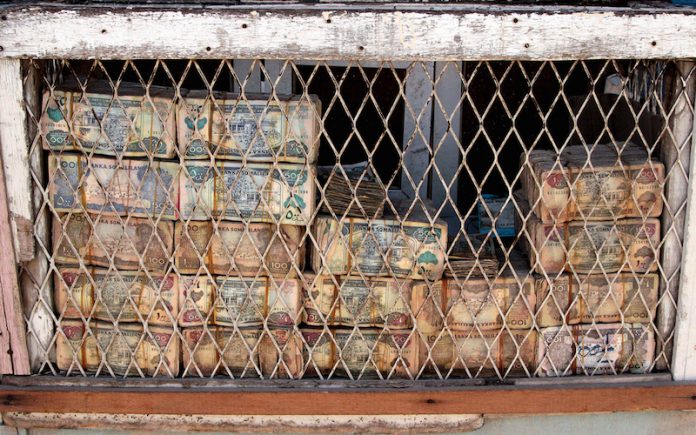Somaliland is one of the leading markets in mobile banking platforms in Africa. It has been acknowledged by renowned individuals such as Bill Gates of Microsoft and international finance and development institutions for its innovations and customer reach. It has made payments for goods and services easy and free. There is a charge for this service in other countries.
Currently, the service encompasses money transfer services, purchase and sale of goods and services, payroll payments and a currency storage facility. Zaad of Telesom is an example of mobile banking platforms in Somaliland since it dominates the mobile banking market. In 2013 it was used by 10 percent of Somaliland which was estimated to be 3.8 million as reported by the Guardian newspaper at the time. By assuming annual growth of 10 percent, at present 30 percent of Somaliland uses this service, 1,140,000 of Zaad mobile banking subscribers.Africa, Bill Gates
Presently, Zaad customer’s savings do not grow, as it is not invested on their behalf and interest is not provided on savings. This should be adjusted in order to utilize this fund for investment purposes for the benefit of the company’s customers and for the nation as a whole.
Similarly, in addition to its irrefutable benefits to its customers and the society at large, there are regulatory issues surrounding the operation of mobile banking platforms. Recurring questions include; financial stability of mobile banking service providers, protection of service consumers, compatibility of company service to the national needs, the integrity of the system and its traceability, which banks keep this money, protection of customers money from other creditors of the company, existence of safeguards on the separation of the customer fund and the company’s working capital and other investment ventures.
The onus of protecting Somaliland mobile banking service consumers rests with Somaliland authorities, especially the Central Bank, by making sure that those companies who provide the service- provide it in a prudent, legal and responsible manner. It is also their responsibility to make sure that there is financial inclusiveness for all and that their operations fill the existing gaps in the Somaliland economic landscape. Consumer’s money in mobile platforms should be protected in case the service provider collapses. Similarly, in case of a company’s insolvency, it should be ensured that a company’s creditors do not claim the customers’ deposits. This can be achieved by not keeping the customers’ deposits in the name of the company but in a different one. In Kenya, customer deposits in M-Pesa are kept in the name of a third party, pre- agreed upon by the Central Bank of Kenya.
Moreover, regulatory authorities are required to make sure that mobile banking service providers maintain liquid assets equivalent to the total value of the customer funds collected. The Central Bank of Kenya requires M-Pesa’s provider, Safaricom, to keep the fund liquid by placing collected cash in regulated banks. To diversify risk, in Afganistan regulatory authorities require that funds be kept in different banks. In Somaliland Zaad is part of Telesom group of companies who also own the Darasalaam bank.
The Central Bank of Somaliland has not adopted these protective measures as it is highly dysfunctional and acts as a regulatory authority rather than a government currency storage and withdrawal facility. This allows mobile banking providers such as Zaad to actively invest customer deposits in illiquid assets such as real estate, which may force them to print numbers as currency in case they run out of liquid cash. Furthermore, customer funds must be separate and not co-mingled with the working capital of the service provider which is clearly not the case in Somaliland.
The worst case, which cannot be detected easily, could occur if there is either a dispute among the shareholders of Telesom or collusion, leading to lending and enriching themselves.
____________________________________ By Mohammed Dahir Ahmed



























